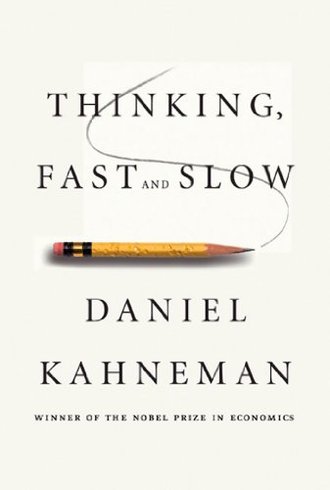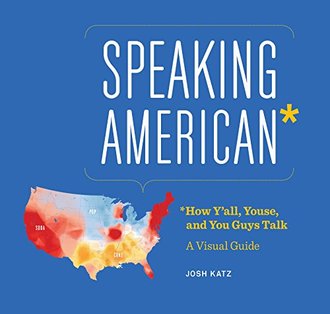Review of THINKING, FAST AND SLOW
by Johny McFliggen, PhD Literature & Business, Oxford
In the realm of non-fiction, "Thinking, Fast and Slow" by Daniel Kahneman stands as a veritable intellectual odyssey, one that is both an enlightening journey and a stark reminder of our cognitive fallibility. Kahneman, that venerable psychologist who moonlights as an economist, invites us to explore the labyrinthine corridors of the mind, where two distinct systems—System 1 and System 2—reign supreme. These systems, akin to a cerebral Holmes and Watson, unravel the mysteries behind our decisions and the biases that often lead us astray.
Kahneman's work is nothing short of revelatory. Like Neo awakening to the reality of the Matrix, readers are jolted into recognizing the biases that subtly manipulate our perceptions. Anchoring, framing, and the availability heuristic are no longer mere academic jargon but become tangible ghosts haunting our everyday decisions. The book's brilliance lies in its ability to elucidate these concepts with the clarity of a David Attenborough documentary, making the complex accessible without diluting its profundity.
One cannot discuss Kahneman without mentioning his magnum opus, prospect theory, a concept that disrupted traditional economic thought with the force of an intellectual tsunami. Developed alongside Amos Tversky, this theory challenges the notion of humans as rational agents, revealing instead our predilection for valuing losses over equivalent gains. It's a paradigm shift akin to realizing that Seinfeld is about nothing—profound in its simplicity and unsettling in its implications.
While some may lament the book's density, likening it to a tome best left to those with a penchant for academia, this critique is myopic at best. Yes, it demands attention and a willingness to grapple with ideas that can unsettle one's worldview. Yet, isn't that the mark of a truly great book? It’s not just a passive read; it’s an intellectual engagement—a duel of wits between Kahneman and the reader.
Comparatively, works like "Nudge" by Thaler and Sunstein or Ariely's "Predictably Irrational" offer complementary perspectives on behavioral economics. Thaler and Sunstein are the practical uncles offering policy solutions, while Ariely delights in the quirks of human behavior. But Kahneman stands apart with a gravitas that anchors him firmly at the heart of these discussions. He’s the Dumbledore of cognitive science—wise, authoritative, and deeply insightful.
Ultimately, "Thinking, Fast and Slow" is a masterclass in understanding human cognition. It is as essential to the modern reader as Orwell's "1984" is to anyone questioning authority or Tolstoy's "War and Peace" for those seeking the human condition's grand narrative. Kahneman doesn't just change how we think; he changes how we think about thinking itself. This book is not merely a read—it’s an education, an exploration, and an enlightenment all rolled into one. An indispensable addition to any discerning reader's library.
Purchase Link: THINKING, FAST AND SLOW on Amazon



